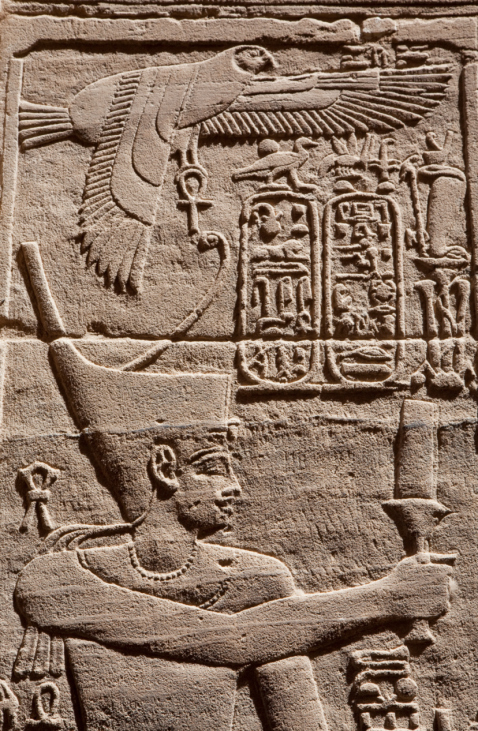 “History repeats itself, first as tragedy, second as farce, third as more repetition.” I know Marx would have added that last part had he been on the ball. In the event, he was so fixated on dialectical something or other that he didn’t get around to it. And then there was the business about workers and their chains. So it’s left to me to deal with the grammar of history.
“History repeats itself, first as tragedy, second as farce, third as more repetition.” I know Marx would have added that last part had he been on the ball. In the event, he was so fixated on dialectical something or other that he didn’t get around to it. And then there was the business about workers and their chains. So it’s left to me to deal with the grammar of history.
The poor word suffers colossal misuse; even historians muck it up, and you’d think they’d know better.
Essentially, history is the written record of mankind. That’s a fairly narrow field. We’re dealing with a period of only about 5,000 years and only with people who had word processors or plumes and chisels. Those who didn’t master the writing knack offer oral history. Before writing we have prehistory. Before humans there is natural history, although that overlaps history.
Is it necessary to mention that history covers what’s already transpired? Apparently it is, because practically everyone insists on writing past history, making this the most chronic and irritating of all tautologies.
Crowding the field are annals of history (annals are historical records), recorded history (if it’s not recorded it isn’t history), written history (see previous), human history (history is only about humans), looking back at history (no comment), previous history (see previous), and prior history (by now you don’t have to be told).
Things are just as bad when noun mutates into adjective: historical record, historical past.
What is the difference between historical and historic? My several references leave me befuddled, but I like William Safire: “Any past event is historical, but only the most memorable ones are historic.”
By the way, there is a usage for past history; the idiom can denote no longer relevant, as in, “Marx predicted the collapse of capitalism, but that’s past history.”
Previous post: Wasted Words: Squandering Words on Money
